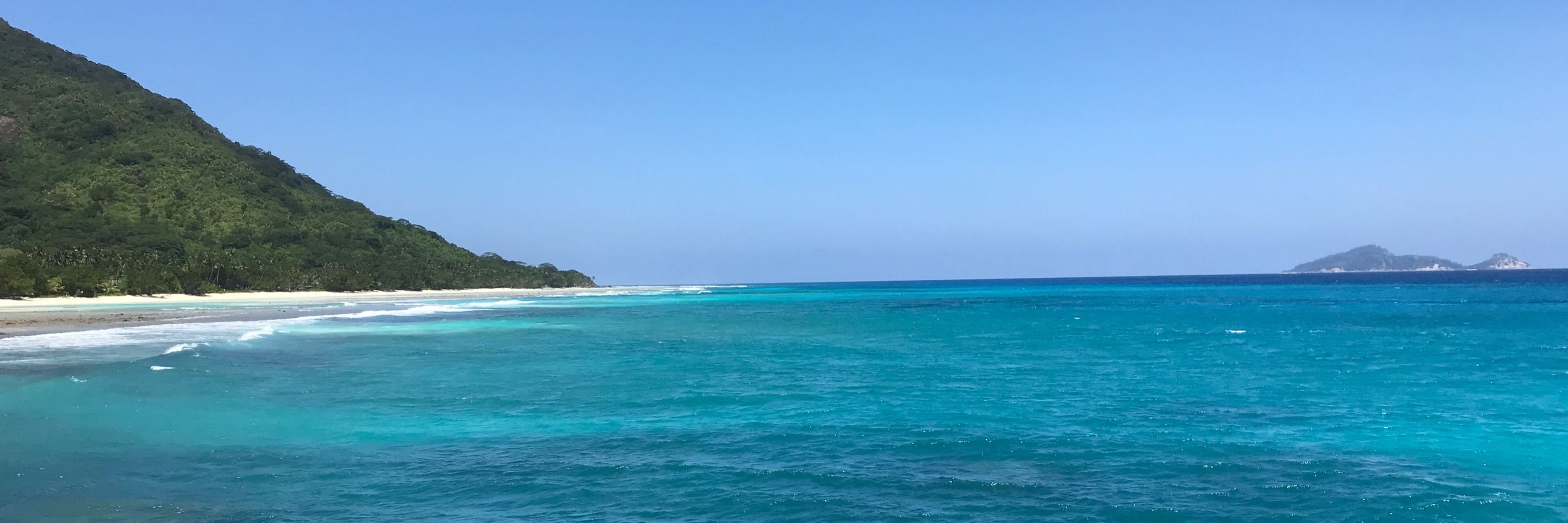
Ecology, global change, wildlife disease, tropical biology, science policy & diplomacy.
Karen R. Lips is a professor of biology at University of Maryland, College Park. Lips' work in the 1990s eventually contributed to the identification of the chytrid fungus as the primary cause of frog decline worldwide. .. more

Reposted by Karen R. Lips


My colleagues @mghersher.bsky.social and @policyhound.bsky.social dug into a recent data release to find the answer. A @science.org exclusive.
www.science.org/content/arti...

Reposted by Karen R. Lips, Richard M. Carpiano

Reposted by Karen R. Lips

My latest story for @science.org—part of a package that explores how the U.S. scientific community has changed under Trump—includes new numbers on graduate enrollment and faculty hiring.
www.science.org/content/arti...

Reposted by Karen R. Lips

Reposted by Karen R. Lips, Joshua S. Weitz

Reposted by Diane Coyle, Dorothy Bishop, Peter Thorne , and 25 more Diane Coyle, Dorothy Bishop, Peter Thorne, Jesse H. Kroll, Delphine K. Farmer, Karen R. Lips, Hugo Mercier, Benny Geys, Harvey J. Miller, Rosemary A. Joyce, Martin Paul Eve, Martin Tomko, Gillian Rose, Tuomas Mattila, Andrew Jacobs, Margot C. Finn, Claudia Diehl, Michael H. Whitworth, Emma L. Tompkins, Christian Fisch, Martin Drenthen, Paul Nightingale, Catherine J. Frieman, Urška Demšar, Alan McNally, David Stott, Markus W. Gehring, Hansraj Gautam

Reposted by Karen R. Lips, Jussi T. Eronen

Gold mining has so far led to the deforestation of 140,000 ha of Amazonian rainforest in Peru - about half the size of Yosemite National Park
www.science.org/content/arti...
Reposted by Andreas Richter, Karen R. Lips, Daijiang Li , and 1 more Andreas Richter, Karen R. Lips, Daijiang Li, Benjamin Larue

The long term is sooner than we think. Science-based policies via IPBES are crucial.🌍

Reposted by Karen R. Lips, Jonas Geschke

Reposted by Karen R. Lips

Reposted by Aníbal Pauchard, Timon McPhearson, Karen R. Lips


shorturl.at/pQsVP
Just published in Science Advances ⬇️
Reposted by Karen R. Lips

#AcademicSky #Science #Astronomy
www.science.org/doi/10.1126/...
Reposted by Karen R. Lips




https://ow.ly/lYQZ50XTHZS
Reposted by Karen R. Lips

Reposted by Monica G. Turner, Karen R. Lips

Now is your chance -- Governing Board, Board of Prof Cert & standing committee nominations due 2/2!
https://ow.ly/3ROV50XTEu4
(photo: Past Presidents at #ESA2025)
Reposted by Karen R. Lips

• Science as a tool of governance
• How evidence shapes international rules and standards
• Where scientific cooperation holds — and where it breaks
• What happens when public knowledge systems erode
Join us as we explore how science functions in global affairs!
Reposted by Karen R. Lips

This publication focuses on that interface: where scientific knowledge becomes power, risk, and governance.



